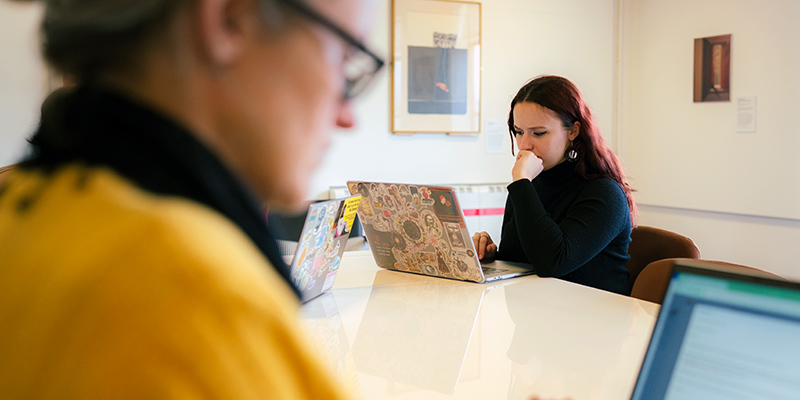
How to write a personal statement
Some top tips to help you
- Make a plan - treat this like a school project or an essay and make a plan. This will help you to keep focussed. This could be as simple as listing examples that you want to include and mapping them to each of the three sections.
- Make multiple drafts and get these checked by family, friends, peers and teachers. They may spot errors which you can easily overlook.
- Check grammar and spelling as UCAS won’t do this for you
- Remember to write your personal statement to appeal to all of your choices, as you will submit one personal statement for your five university choices.
- Take the time to plan, make multiple drafts, and set aside some time to proofread.
- Make yours as personal as possible, and, please, completely avoid plagiarising. UCAS and universities do employ similarity detection software and this is run across submitted statements so phrases and sentences are compared to previous submissions. (If it’s found that yours is similar to another statement, this can have serious implications for your application.)
Fancy a taste of university teaching and learning?
Engage with uni-level study, explore a new subject area, and get ahead with preparing for higher education.
Learn about our free online courses


